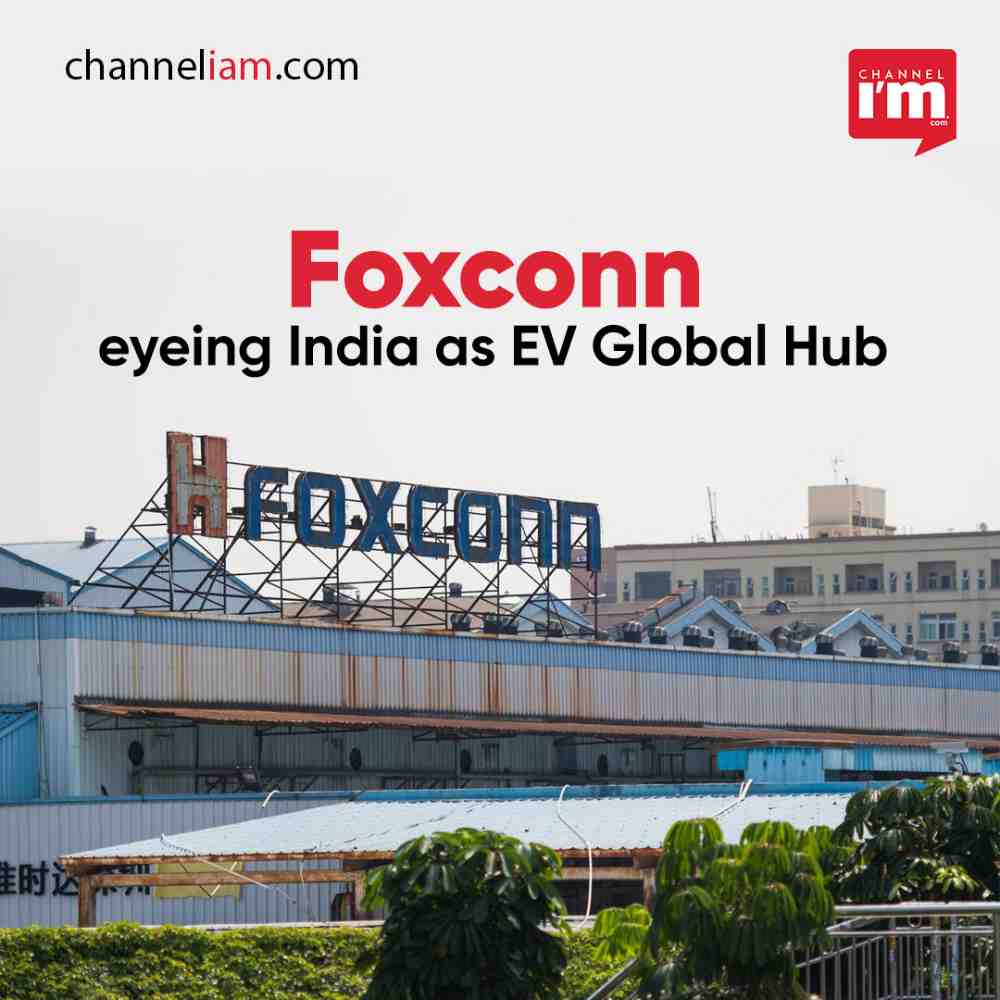
Foxconn Technology Group, a Taiwanese multinational conglomerate, is setting its sights on India as its next global hub for electric vehicle (EV) production. With the goal of capturing 5% of worldwide EV sales by 2025 and delivering between 500,000 and 700,000 EVs within that time frame, the company is making strategic moves to expand its presence in the growing EV market. This article delves into Foxconn’s plans, partnerships, and potential, highlighting its efforts to establish a significant foothold in India’s burgeoning EV sector.
Global Expansion Strategy
Foxconn’s rapid global expansion in the electric vehicle market is marked by its existing manufacturing facilities in Ohio, US, and Thailand. The company’s Ohio plant, acquired for $230 million, is equipped to produce 500,000 to 600,000 vehicles annually. In Thailand, a joint venture with state energy company PTT has led to the establishment of an EV plant with an initial capacity of 50,000 units, expandable to 150,000 units per year. This plant will focus on producing electric two-wheelers tailored for domestic and Southeast Asian markets.
Foxconn’s EV Aspirations in India
Foxconn’s interest in India’s EV market is gaining momentum, with discussions underway with Indian states Telangana and Tamil Nadu for the setup of an EV production facility. The company’s representative in India has refrained from revealing specific details, but the groundwork is being laid for a potential manufacturing base in the country.
Leveraging its status as Apple’s primary vendor for iPhones and its electronic manufacturing prowess, Foxconn’s Indian entity, Bharat FIH, has been producing electronic components for prominent EV two-wheeler companies like Ather Energy and Ola Electric since 2015. India’s robust supply chain for auto components required in EV production presents a favorable environment for Foxconn’s expansion.
Strategic Partnerships and Diverse Portfolio
Foxconn’s EV strategy involves a series of collaborations and partnerships with established automakers and newcomers in the industry. The company has partnered with Yulon Motor Co., a major Taiwanese automaker, to develop the Model C EV under the Luxgen7 brand. Additionally, Foxconn has joined forces with Fisker to produce an electric truck, while a collaboration with Santi Group and JV partner PTT is aimed at creating an affordable three-seater EV priced between $10,000 and $20,000.
Global Considerations and Market Potential
Foxconn’s expansion strategy extends beyond India, with a keen interest in potential manufacturing locations such as Mexico, Vietnam, Indonesia, and Europe. Industry analysts believe that the company is well-positioned to capitalize on the intense competition in the EV sector, as even established automakers like Tesla have faced price pressure. The trend of outsourcing production among both established manufacturers seeking cost reduction and new entrants lacking manufacturing experience bodes well for Foxconn’s business model.
Foxconn’s ambitious plans to establish India as a pivotal global hub for electric vehicle production demonstrate its commitment to becoming a major player in the EV market. With strategic partnerships, existing global facilities, and a strong foothold in India’s electronics and EV component supply chain, the company’s prospects look promising. As the world accelerates towards a greener automotive future, Foxconn is positioning itself to shape the landscape of electric mobility on a global scale.
